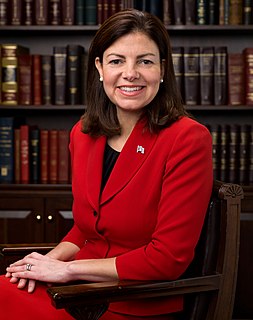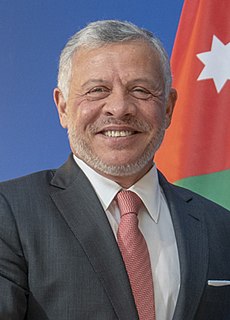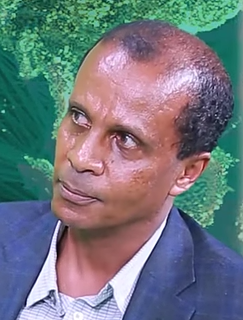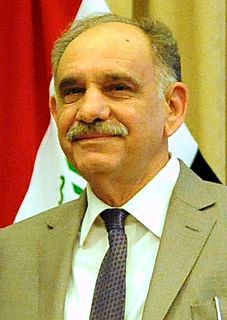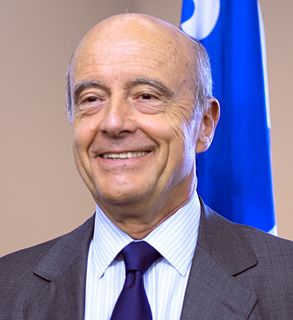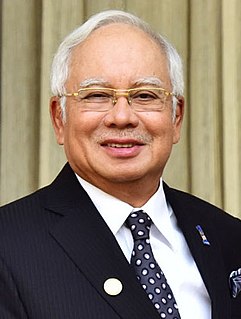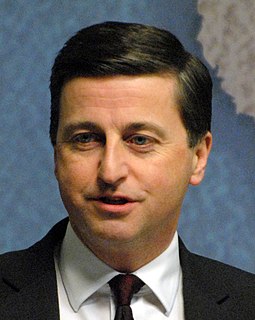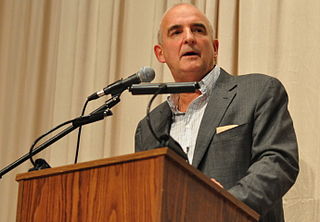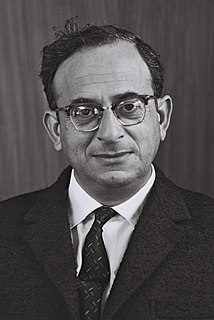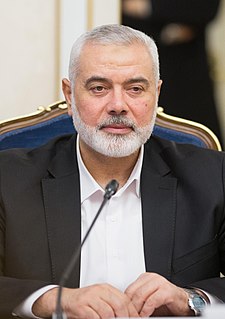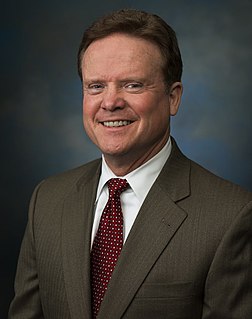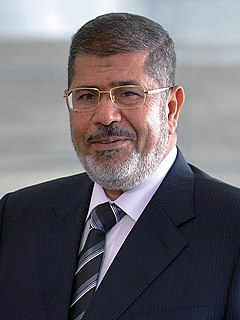Top 1200 Arab Spring Quotes & Sayings
Explore popular Arab Spring quotes.
Last updated on April 14, 2025.
All mankind is from Adam and Eve, an Arab has no superiority over a non-Arab nor a non-Arab has any superiority over an Arab; Learn that every Muslim is a brother to every Muslim and that the Muslims constitute one brotherhood. Nothing shall be legitimate to a Muslim which belongs to a fellow Muslim unless it was given freely and willingly. Do not, therefore, do injustice to yourselves.
The first question that I ask : do I have public support or not. That is the first question that I asked as President. If I don't have the public support, whether there's the so-called "Arab spring" - it's not spring, anyway - but whether we have this or we don't, if you don't have public support, you have to quit, you have to leave. If you have public support, in any circumstances you have to stay. That's your mission, you have to help the people, you have to serve the people.
What is irreversible in the Arab world is this intellectual revolution, the awakening that we can get rid of dictators. That is here, and the people have this sentiment and this political power. They feel that they can do it, and it's still there. At the same time, we don't know what is going to happen. So to be very quick by saying, "Oh, revolutions and Arab Spring," and - you know, what I'm advocating is to take a cautious optimism as the starting point of our analysis and to look at what is happening.
I am being very humble about the Arab Spring. There's kind of a competition out there, you might have noticed, of who can be the first to say the Arab Spring is going to fail. Everyone says, "I told you so, I told you so about the Muslim Brotherhood." I have no desire to tell anyone anything. I don't know. I'm just listening, watching. It may turn out all these people are right, they may be wrong. They may be right this year and wrong next year, by the way. I'm just trying to listen day to day, figure it out.
I would like to stress this point undoubtedly: France sees the Arab Spring as auspicious. The Arab Spring holds out tremendous hope - hope for democracy and the rule of law, hope for peace and stability, hope for better future in which every person can pursue goals commensurate with his or her needs, talents and ambitions.
Recall that the United Nations commissioned Arab scholars and analysts to publish the Arab Human Development Report. What causes the backwardness, the scholars wondered, of 22 Arab states, covering nearly 300 million people? Their conclusion? Of all world regions, the Arab countries scored the lowest in freedom, media independence, civil liberties, political process and political rights.
I don't think the Arab Spring had much to do with energy. I think it was just the opposite, in fact. I think the Arab Spring happened because particularly young people knew they were living in a context where they could not realize their full potential, that they are being kept down by their own governments.
Arab children, Corn ears of the future, You will break our chains, Kill the opium in our heads, Kill the illusions. Arab children, Don't read about our suffocated generation, We are a hopeless case. We are as worthless as a water-melon rind. Dont read about us, Dont ape us, Dont accept us, Dont accept our ideas, We are a nation of crooks and jugglers. Arab children, Spring rain, Corn ears of the future, You are the generation That will overcome defeat.
I want a future where my children feel safe and appreciated and proud to be who they are. My heart is one with all the Arab Spring heroes, no matter how small they think their role is. I know they believe, like me, that we are working for a world whereby an Arab can live with the other in a respectful and dignified way.




